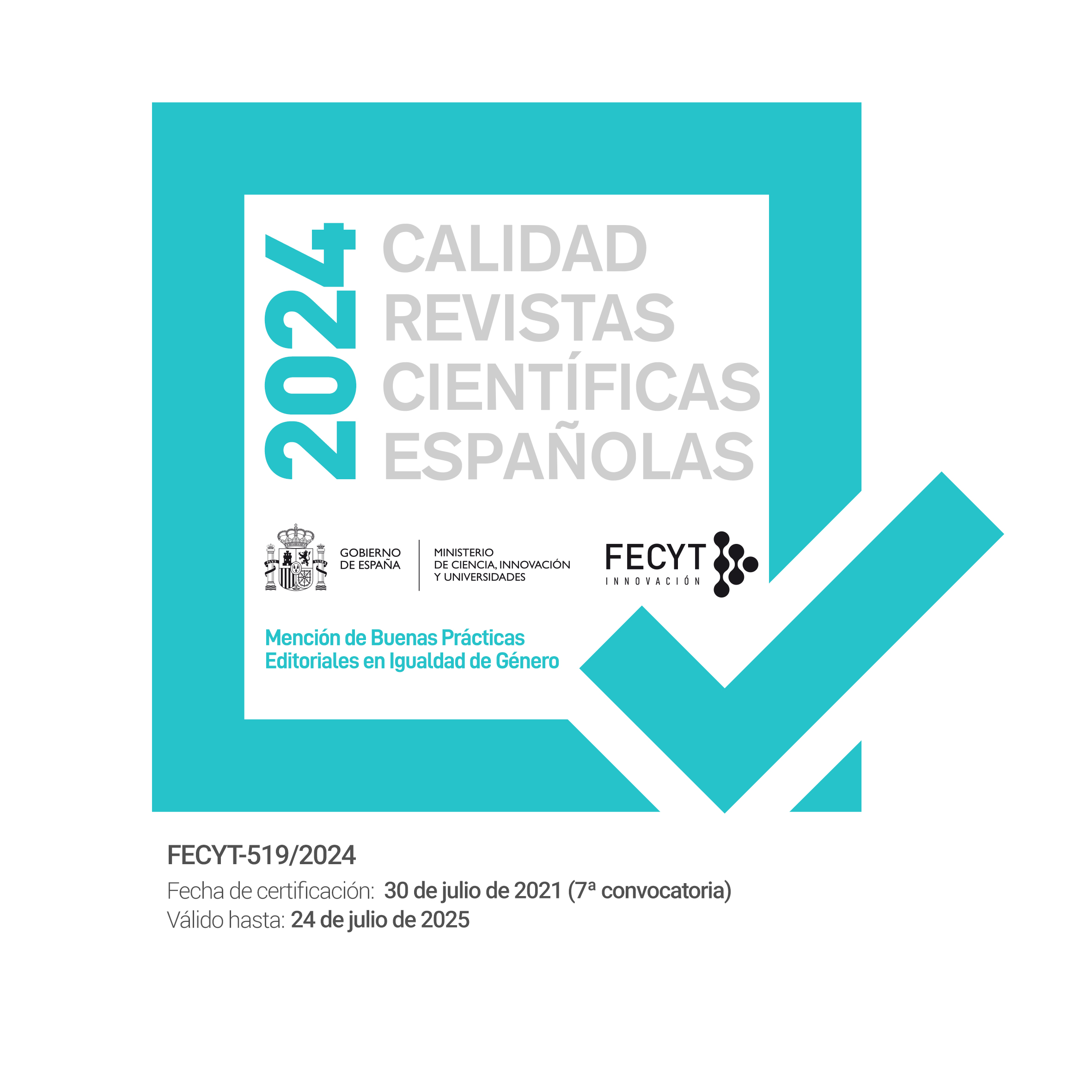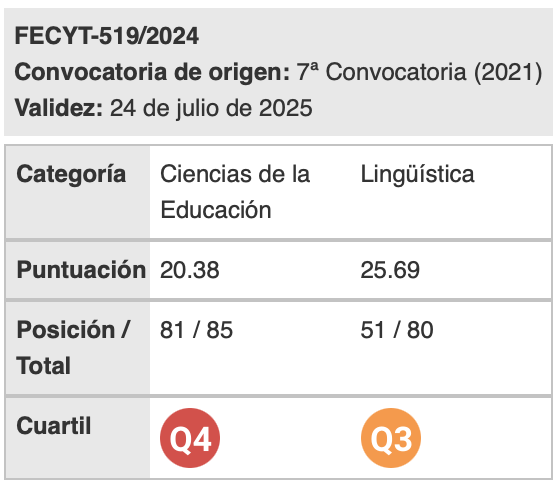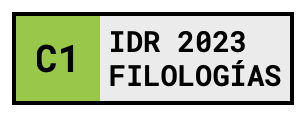Introduction: A focus on foreign language learners' success
Palabras clave:
linguistics, applied linguistics, language teaching, pedagogyResumen
The more and more prominent role of English in the Spanish Education system has brought to the foreground the relevance of research in the teaching and learning of English as a foreign language (FL). At no other time in the history of Spanish education have teachers of English been so knowledgeable about pedagogy, learning theories and curriculum planning or had so many resources at their disposal. Yet, and despite considerable progress made over the years, students rarely achieve high levels of proficiency in English at the end of a course of study. Why?
This monograph alone does not intend to answer the question. Neither does it aspire to cover the entire range of variables that directly or indirectly have an impact on FL teaching and learning. The purpose of this monograph is to be the first of a series which provides state-of-the-art overviews of what is already known and of what requires further study in a wide range of fields to which foreign language teaching and learning can be applied. To this end, the papers published within this volume cover the research domains of Information and Communication Technology –in connection with students’ perceptions–, Content and Language Integrated Learning –in relation with students’ anxiety levels and attitudes–, needs analysis, interlanguage and textbooks and the intercultural communicative competence. The evidence provided by the five selected papers about the situation in Spanish institutions will map out the current interdisciplinary findings on a specific common problem facing educationalists: how to promote better English learning. Two features make the volume especially appealing: the presence of all levels of education and the incorporation of an often neglected group of learners: adult learners of English in the Escuela Oficial de Idiomas (Official Language School).
DOI: 10.20420/rlfe.2015.0001
Descargas
Citas
Han, Z. and Tarone, E. (Eds.) (2014). Interlanguage. Forty years later. Language Learning & Language Teaching, 39. Amsterdam, The Netherlands: John Benjamins Publishing Company. DOI: 10.1075/lllt.39.
Lasagabaster, D. and Sierra, J. M. (2011). Classroom observation: desirable conditions established by teachers. European Journal of Teacher Education 34(4), 449-463. DOI:10.1080/02619768.2011.587113
Lee, K. (2009). Treating culture: What 11 high school EFL conversation textbooks in South Korea do. English Teaching: Practice and Critique, 8(1), 76-96.
Lightbown and Spada (2006) (3rd ed). How Languages are Learned. Oxford: Oxford University Press.
Paige, R., Jorstad, J., Paulson, L., Klein, F., y Colby, J. (1999). Culture learning in language education: A review of the literature. En R. Paige, D. Lange, y Y.Yershova (Eds.), Culture as the core: Integrating culture into the language curriculum. Minneapolis, MN: The Center for Advanced Research on Language Acquisition, University of Minnesota.
Selinker, L. (1972). Interlanguage. International Review of Applied Linguistics in Language Teaching 10(1-4), 209-232.
Tomalin, B. (2008). Making culture happen in the English language classroom. Teaching English. BBC Britsh Council. (Available at https://www.teachingenglish.org.uk/article/ making-culture-happen-english-language-classroom. Accessed 26th June 2015).
Descargas
Publicado
Cómo citar
Número
Sección
Licencia
Aquellos autores/as que tengan publicaciones con esta revista, aceptan los términos siguientes:
- Los autores/as conservarán sus derechos de autor y garantizarán a la revista el derecho de primera publicación de su obra, el cuál estará simultáneamente sujeto a la Licencia de reconocimiento de Creative Commons que permite a terceros compartir la obra siempre que se indique su autor y su primera publicación esta revista.
- Los autores/as podrán adoptar otros acuerdos de licencia no exclusiva de distribución de la versión de la obra publicada (p. ej.: depositarla en un archivo telemático institucional o publicarla en un volumen monográfico) siempre que se indique la publicación inicial en esta revista.
- Se permite y recomienda a los autores/as difundir su obra a través de Internet (p. ej.: en archivos telemáticos institucionales o en su página web) antes y durante el proceso de envío, lo cual puede producir intercambios interesantes y aumentar las citas de la obra publicada. (Véase El efecto del acceso abierto).

Revista de Lenguas para fines específicos is licensed under a Creative Commons Reconocimiento-NoComercial-SinObraDerivada 4.0 Internacional License.






















